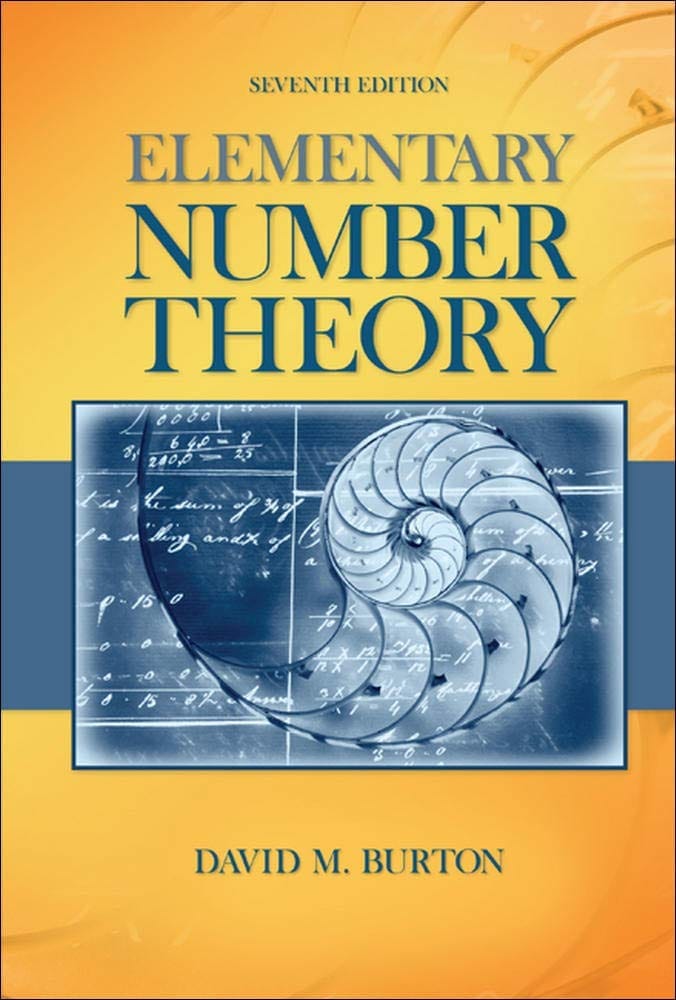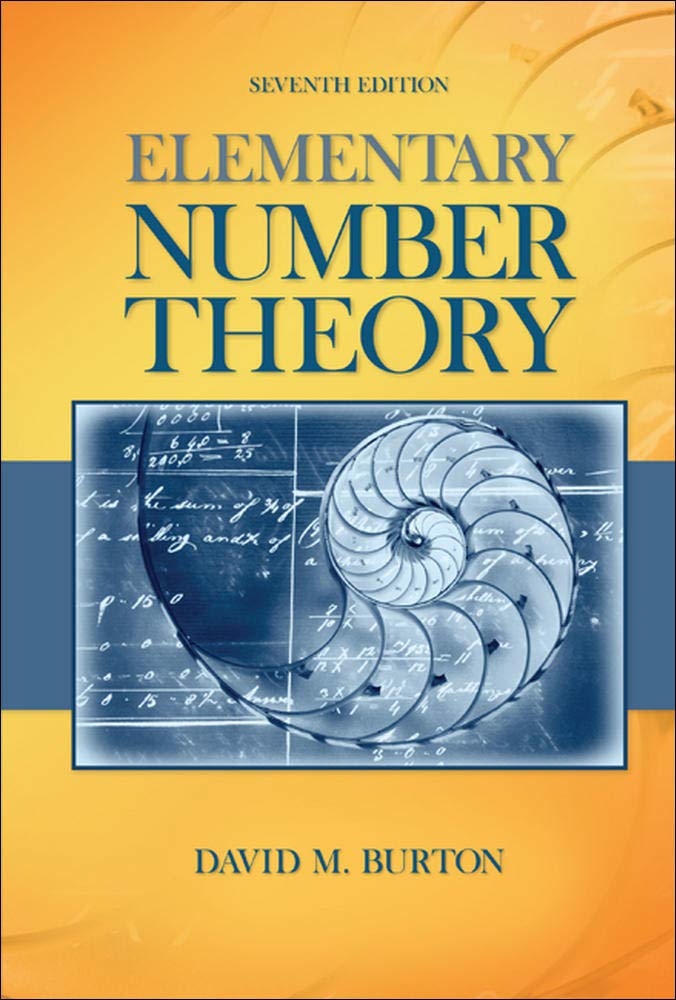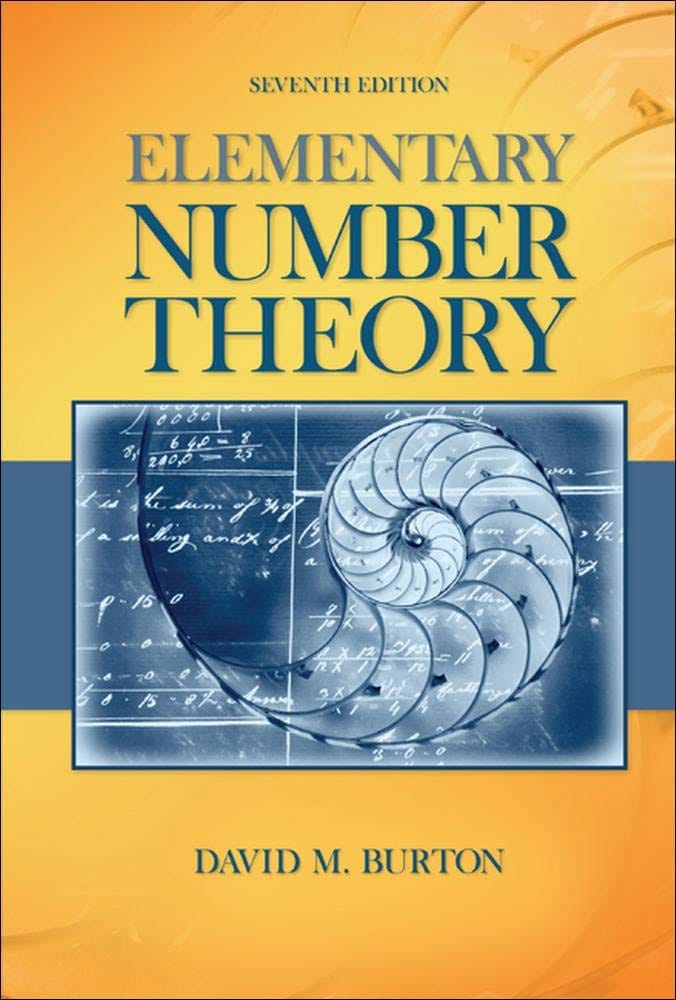
Elementary Number Theory Problems 4.3 Solution (David M. Burton's 7th Edition) - Q3
My Solution for "Find the last two digits of the number $9^{9^{9}}$. [Hint: $9^{9} \equiv 9 \pmod {10}$; hence, $9^{9^{9}} = 9^{9+10k}$; notice that $9^{9} \equiv 89 \pmod {100}$.]"
Background
All theorems, corollaries, and definitions listed in the book's order:

I will only use theorems or facts that are proved before this question. So, you will not see that I quote theorems or facts from the later chapters.
Question
Find the last two digits of the number $9^{9^{9}}$.
[Hint: $9^{9} \equiv 9 \pmod {10}$; hence, $9^{9^{9}} = 9^{9+10k}$; notice that $9^{9} \equiv 89 \pmod {100}$.]
Solution
First, we have $9^{9} \equiv (9^{2})^{4} \cdot 9 \equiv 81^{4} \cdot 9 \equiv 9 \pmod {10}$. Then $9^{9} - 9 = 10k$ for some integer $k$ by the Definition of Congruence, which means $9^{9} = 9 + 10k$.
We then have $9^{9^{9}} = 9^{9+10k} \equiv 9^{9} \cdot 9^{10k} \pmod {100}$.
The rest is for Premium Members only
SubscribeAlready have an account? Log in

